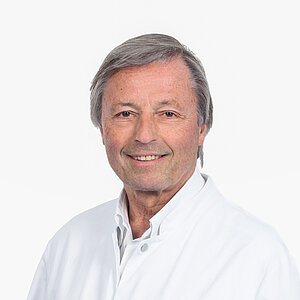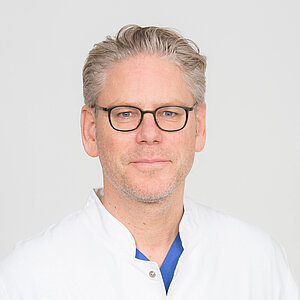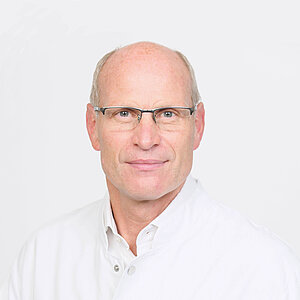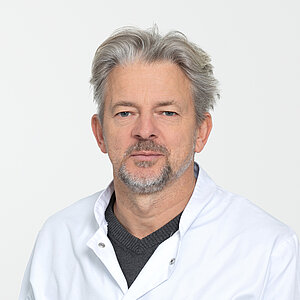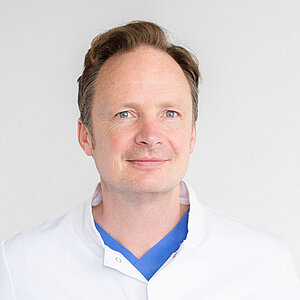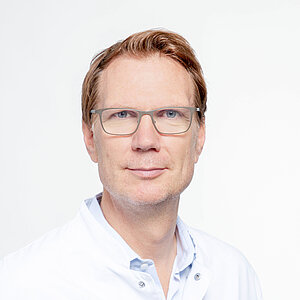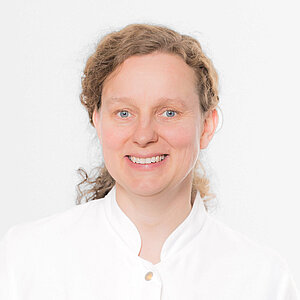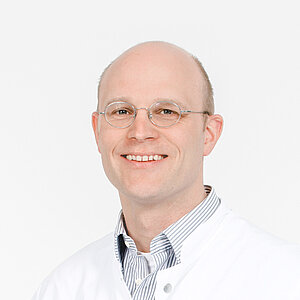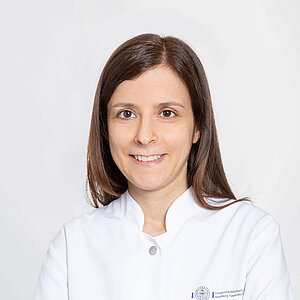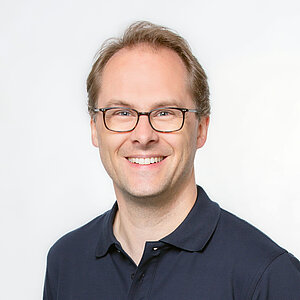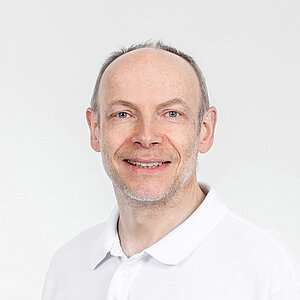“The team, the faculty, individual patient care, precise surgery, outstanding aftercare and quality assurance are all part of the Martini-Klinik package.”
Twelve minds – one mission
The senior consultants (faculty) at the Martini-Klinik are specialists with years of experience in the treatment of prostate cancer. All the surgeons in the faculty enjoy an excellent reputation around the world. They are among the most renowned surgeons in Europe in relation to nerve-sparing prostate removal, having performed this exceptionally challenging operation around 40,000 times and worked to continuously refine the procedure. In addition to diagnostics and treatment, our specialists conduct research in order to incorporate the latest scientific insights into patients’ treatment. Each doctor also focuses on a specific treatment or research field within the field of prostate carcinoma.
Prof. Dr. Ulrich Frei, former Medical Director and Board Member at the Charité, Berlin
Contact to the faculty
Faculty and senior consultants
Concentrated expertise in prostate cancer
The spectrum of services offered at the Martini-Klinik is supplemented by the expertise of a major university hospital, the University Medical Centre Hamburg-Eppendorf (UKE). Our clinic is also embedded in the network of one of 14 Comprehensive Cancer Centres in Germany, the University Cancer Centre Hamburg (UCCH).
The Martini-Klinik practices and promotes collaboration across disciplines in regular interdisciplinary conferences, tumour boards and countless other daily activities that always have our patients interests at heart.
